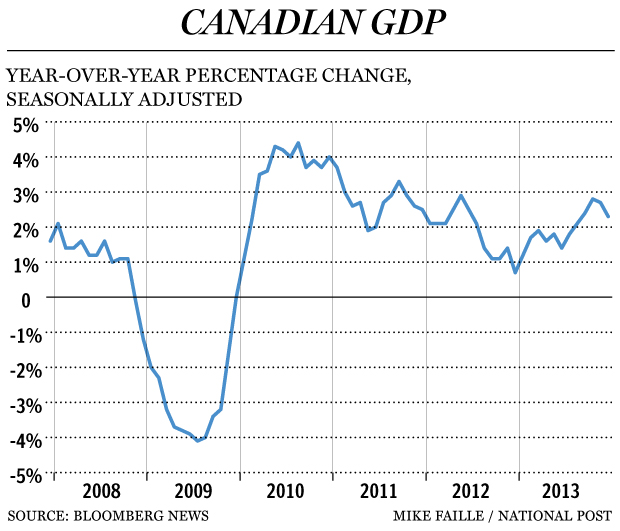The Recession s Impact on Baby Boomer Retirement US News
Post on: 31 Декабрь, 2015 No Comment

Workers on the verge of retirement continue to be worse off than before the recession.
The recession has severely limited the retirement prospects of the oldest baby boomers. Some older adults will have to work longer to try to recoup their stock market losses and falling home values, but others have already been forced into retirement earlier than planned and are struggling to adapt to a lower standard of living.
A recent Government Accountability Office report chronicled how the recession from December 2007 to June 2009 altered the personal finances of those 55 and older. While the recession has affected all age groups, older adults—particularly those close to or in retirement—may face a greater burden because they may not have the same opportunities to recover from its effects, according to the report. For example, older adults—generally those 55 and older—may have insufficient time to rebuild their depleted retirement savings due to sharp declines in financial markets and home equity, and they may experience increased medical costs. Here’s a look at how the oldest baby boomers’ retirement plans have changed since the recession.
Unemployment. Many older adults have found themselves forced into retirement earlier than planned. The unemployment rate for workers ages 55 to 64 more than doubled from 3 percent in 2006 to 7.1 percent in 2010. While the unemployment rate among older workers is more modest than what younger employees are experiencing, it’s harder for older workers to find new employment. The median duration of unemployment for workers ages 55 to 64 jumped from 11 weeks in 2007 to 31 weeks in 2010. It’s been a tough struggle for today’s unemployed older workers to get back into jobs, says Sara Rix, the senior strategic policy advisor for the AARP Public Policy Institute. Older workers are continuing to look longer than in the past before they drop out of the labor force. Eventually, some older workers give up on finding work and start calling themselves retired.
Falling income. Since 2007, household income has fallen by 6 percent for adults ages 55 to 64, which makes it more difficult for this group to prepare for retirement. Many older workers aren’t earning enough to build a significant nest egg. In 2010, about one-third of workers age 65 and older were in low-wage jobs that paid less than $11 per hour. The proportion of part-time workers age 55 and older who would prefer full-time work nearly doubled over the same time period, from 9 percent to 17 percent. A quarter of adults age 50 and older say they exhausted their savings, and 12 percent lost health insurance, according to an AARP Public Policy Institute survey of older adults who had been in the labor force at some point during the previous three years.
Declining retirement benefits. Many people approaching retirement lack employer-sponsored retirement benefits. Some 44 percent of full-time workers in their 50s have neither a traditional pension nor a 401(k) with their current employer. And those who have retirement benefits may not be fully taking advantage of them. People who have 401(k)s aren’t necessarily saving enough to retire, says Barbara Bovbjerg, director for education, workforce, and income security issues at the U.S. Government Accountability Office. Most people have small amounts saved. For households with residents ages 55 to 64, the median level of financial assets was about $72,000 in 2007, before the recession. If these households use a 4 percent withdrawal rate in retirement, this amount would replace only about 5 percent of these families’ $55,000 median annual household income, GAO found. Only about 6 percent of workers with 401(k)s and similar types of retirement accounts chose an annuity to ensure income throughout retirement between 2000 and 2006. Most older workers at this stage have not been saving in a defined contribution plan long enough to amass a large sum of money that would carry them through a comfortable retirement, says Rix.














